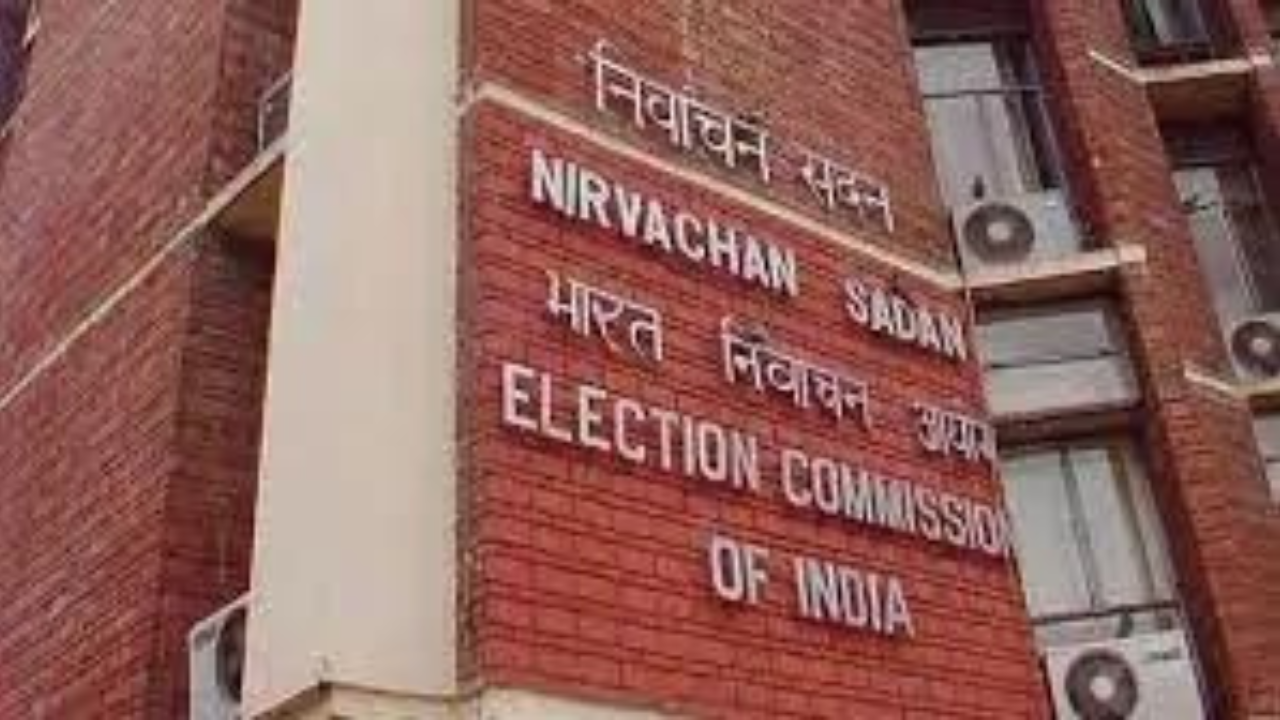Election Commission rubbishes reports of EVMs helping BJP in Kerala drill

NEW DELHI: Election Commission on Thursday rubbished media reports that EVMs erroneously registered votes in favour of BJP during mock polling in Kerala days before the general election. It told Supreme Court that till date, only one instance of mismatch between EVM and VVPAT counting was detected – in 2019 because of human error.
At the start of the hearing, the “glitch” in Kerala was brought to the court’s notice and a bench of Justices Sanjiv Khanna and Dipankar Datta asked EC to verify it.After lunch break, EC told the bench that the news report was wrong and proceeded to convince the court that there was no way to tamper with the machines.
Appearing for EC, senior advocate Maninder Singh said that since the introduction of VVPATs, more than 118 crore had cast their votes with full satisfaction and around 4 crore VVPAT slips had been counted and only 25 complaints received under Rule 49MA which were all found to be false. Under the rule, a voter can file a complaint that the EVM or the paper trail machine did not record his/her vote correctly.
“Till date, ballot slips of 38,156 randomly selected VVPAT machines have been tallied with electric counts of their CU (control unit) and not a single case of transfer of vote meant for candidate A to candidate B has been detected. Differences in count, if any, have always been traceable to human error like non-deletion of mock poll votes from the CU or non-removal of mock polls slips from VVPAT. It is submitted that well-established protocols are in place to handle such eventualities in a transparent manner. Therefore, the present mandate of counting five randomly selected VVPATs for the purpose of cross-verification is on a sound statistical footing and ensures a degree of transparency and confidence,” the commission said.
In the Kerala case, the EC said according to engineers who examined the machines, at the time of printing the standardisation slips, some EVMs were taken to the commissioning table without the printing of the slips being completed.
“When the machines were restarted at the commissioning table, the remaining standardisation slips were printed. That is how the issue was reported at the commissioning table,” it said.
